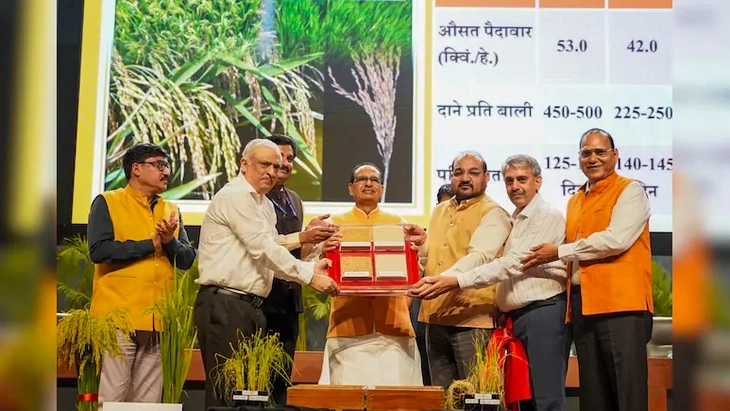
These rice varieties promise to increase yields per hectare by up to 30% - Photo: NDTV.COM
On May 9, CropLife Vietnam reported that the Indian Institute of Agricultural Research (ICAR) has just announced a historic breakthrough by successfully developing the world's first two Genome Edited (GE) rice varieties using CRISPR-Cas SDN-1 technology.
The first variety - IET-32072, also known as Kamala - has a gene edited for cytokinin oxidase 2 (Gn1a), which increases the number of grains per panicle, thereby improving yield.
Kamala has an average yield of 5.37 tons/ha and a potential of up to 9 tons/ha, much higher than the original variety Samba Mahsuri (4.5 - 6.5 tons/ha).
In addition, this variety also has a shorter growing period (130 days compared to 145 days), but still retains the original quality and advantages.
The second variety – IET-32043, also known as Pusa DST Rice 1 – has been modified with the DST gene to increase its tolerance to drought and salinity. This variety is known for its high yield (up to 7 tons/ha), short growth period (125-130 days), and long, slender grains.
Pusa DST Rice 1 achieved an average yield of 3.508 t/ha under inland saline conditions, 3.731 t/ha under alkaline conditions, and 2.493 t/ha under coastal saline conditions, compared to the respective yields of 3.199 t/ha, 3.254 t/ha, and 1.912 t/ha of the parent variety.
Thus, Pusa DST Rice 1 has a yield 9-30% higher than the mother variety, depending on soil conditions.
Both varieties have been successfully tested on a large scale in 2023-24 through the All India Coordinated Research Project on Rice.
These rice varieties promise to increase yields per hectare by up to 30%, and can shorten harvest time by 15-20 days compared to existing varieties.
The Indian Agricultural Research Institute said that since the two gene-edited varieties do not contain foreign DNA, they are exempt from biosafety regulations under the Environment Protection Act 1986 - which applies to genetically modified crops.
This significantly reduces the testing and approval time before commercial cultivation.
According to CropLife Vietnam, the Indian Government has shown its determination to develop gene editing technology in agriculture by allocating about 60 million USD in the 2023-2024 budget to support research on gene-edited crops.
The Indian Agricultural Research Institute hopes that this breakthrough will pave the way for the application of gene editing technology on many other important crops such as beans, corn, wheat and oil crops to increase productivity, improve quality and increase adaptability to harsh conditions.
Source: https://tuoitre.vn/cong-bo-hai-giong-lua-chinh-sua-gen-dau-tien-tren-the-gioi-20250509135644454.htm


![[Photo] The coffin of former President Tran Duc Luong arrives in Quang Ngai](https://vphoto.vietnam.vn/thumb/1200x675/vietnam/resource/IMAGE/2025/5/25/1f1aca0d92ab47deae07934e749b35e6)

![[Photo] Festival of accompanying young workers in 2025](https://vphoto.vietnam.vn/thumb/1200x675/vietnam/resource/IMAGE/2025/5/25/7bae0f5204ca48ae833ab14d7290dbc3)
![[Photo] President Luong Cuong receives Lao Vice President Pany Yathotou](https://vphoto.vietnam.vn/thumb/1200x675/vietnam/resource/IMAGE/2025/5/25/958c0c66375f48269e277c8e1e7f1545)




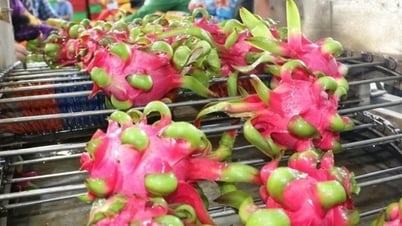

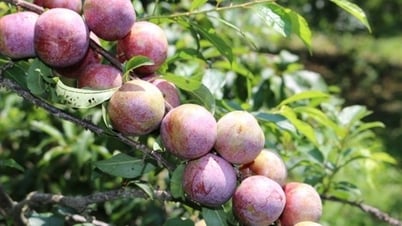


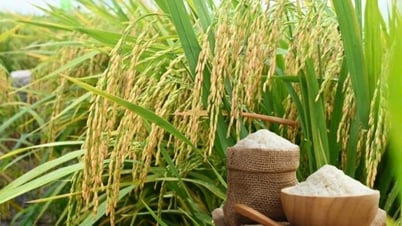










































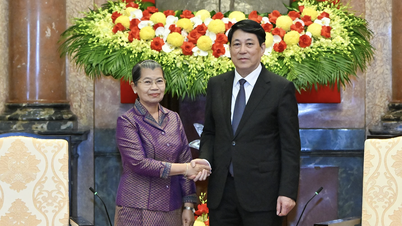









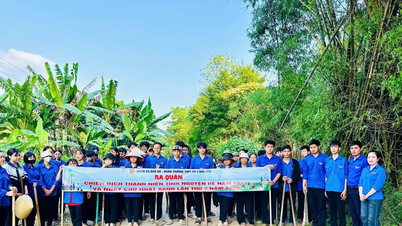





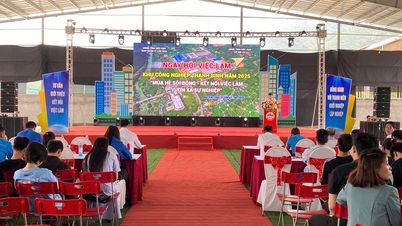

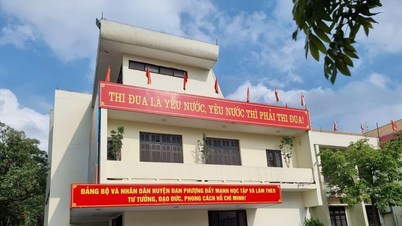






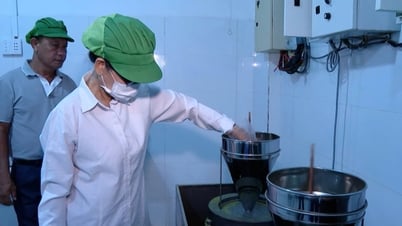






Comment (0)